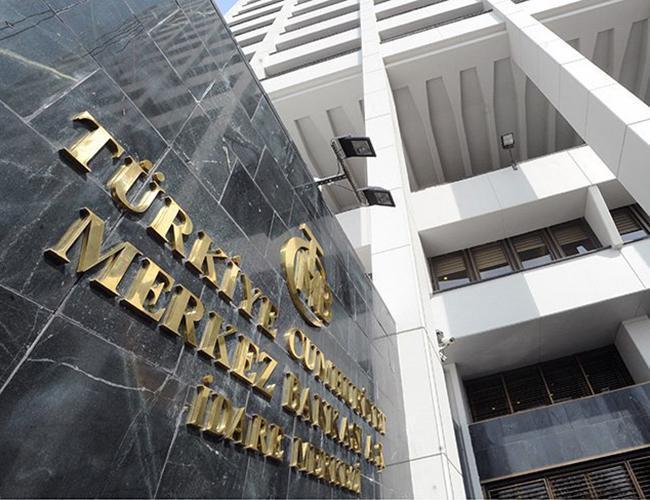Turkish Central Bank hikes 2017, 2018 inflation forecasts amid lira depreciation
ANKARA

The Central Bank lifted its inflation forecasts for 2017 and 2018 on Nov. 1, vowing that a tight monetary policy would be maintained until the inflation outlook improves in line with targets.
In a meeting to announce the quarterly inflation report, the Bank raised its inflation forecast to 9.8 percent from 8.7 percent for 2017 and to 7 percent from 6.4 percent for 2018, citing the recent depreciation of the lira and rising oil prices.
“The most effective element on the forecasts was the upward update in import prices on a lira basis, mainly due to the lira’s depreciation and the rising trend in oil and commodity prices,” Central Bank Governor Murat Çetinkaya said.
Çetinkaya added that significant inflation rises could be seen in October and November due to a number of risks.
Turkey’s core inflation, which excludes energy, food and other volatile prices, rose to 10.98 percent year-on-year in September, the highest level since February 2004, data from the Turkish Statistical Institute (TÜİK) showed on Oct. 3.
The TÜİK data showed that headline inflation rose 11.2 percent, its third-highest level this year.
The Central Bank also revised up its oil price forecast from $50 per barrel to $53 for 2017. Its oil price projection was also set $56 for the next year.
The Bank maintained its food inflation forecast at 10 percent for 2017 and 7 percent for 2018.
Çetinkaya predicted that the inflation rate would fluctuate between 9.3 percent and 10.3 percent through the end of 2017.
The inflation rate will regress to 6 percent by the end of 2018 and stabilize at around 5 percent in the medium term, according to Central Bank forecasts.
Çetinkaya also reiterated that the bank’s tight monetary policy stance would be “maintained decisively.”
On Oct. 26, the Bank kept its overnight lending rate, the highest of the multiple rates it uses to set policy, the one-week repo rate, the marginal funding rate and the overnight borrowing rate unchanged at 9.25 and 7.25 percent.
“The monetary policy will aim to bring inflation down to 7 percent at the end of 2018 before gradually falling to 5 percent. Consequently, with the current reading of the data, this stance requires that a tight monetary policy be preserved until a convincing fall in the trend of inflation is reached,” the Bank said in the inflation report.
















